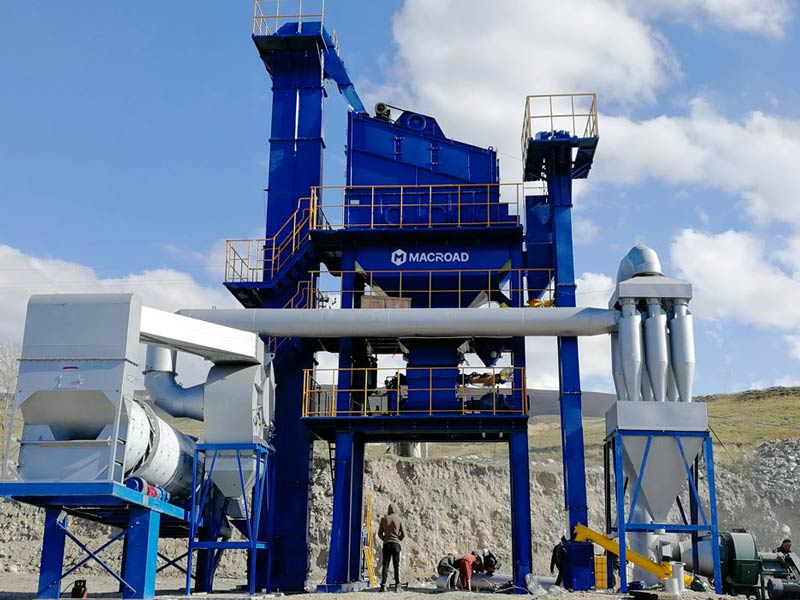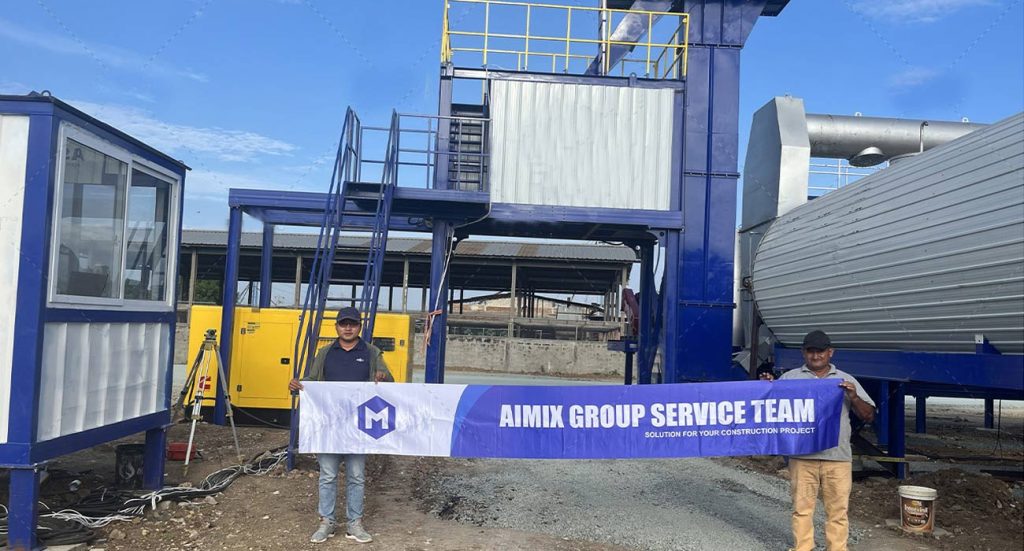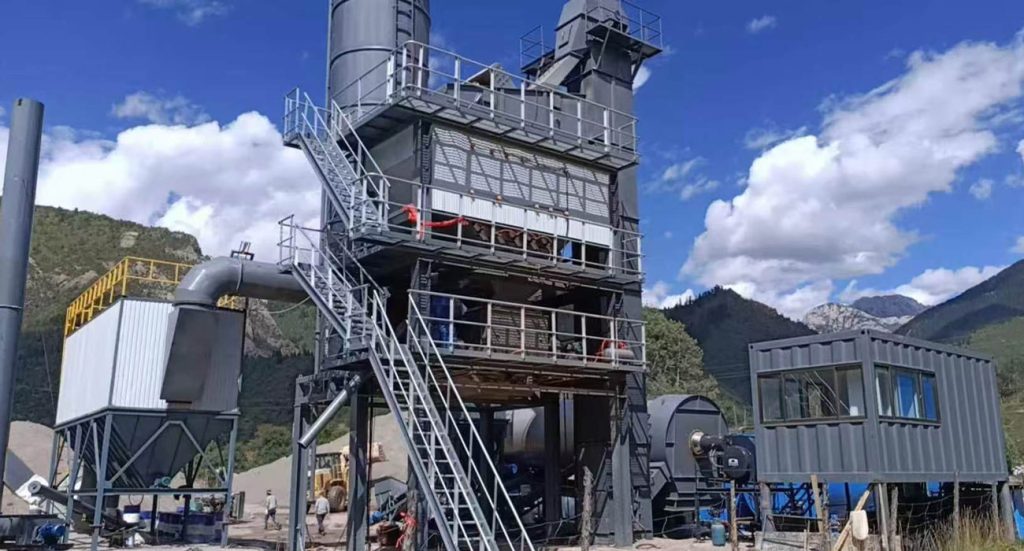Energy consumption costs represent a significant portion of the total operational expenses for asphalt mixing plants. Understanding this cost is crucial for operators aiming to optimize their budget and improve profitability. This article delves into the typical range of energy consumption costs within the total costs of an asphalt mixing plant, providing insights from a user perspective.
Breakdown of Energy Consumption Costs
The energy consumption costs in an asphalt mixing plant can vary widely based on several factors, including the type of plant, energy sources used, and operational efficiency. On average, energy costs can account for approximately 30% to 40% of the total operational costs. This percentage may fluctuate depending on the specific configurations of the plant, such as whether it is a fixed asphalt mixing plant or a mobile asphalt plant for sale.

For example, a traditional asphalt batch mixing plant may have higher energy consumption due to the need for heating aggregates and maintaining precise temperatures during mixing. In contrast, more modern and efficient plants, such as strong asphalt mixing plants, may leverage advanced technologies that reduce energy requirements. Therefore, operators should consider the energy profiles of different plant types when evaluating their overall costs.
Additionally, energy prices can significantly influence operational expenses. Fluctuations in fuel prices, electricity rates, and other energy-related costs can directly impact the bottom line. Operators should stay informed about energy market trends to better anticipate potential changes in their operational costs.

Factors Influencing Energy Efficiency
Several factors influence the energy efficiency of an asphalt mixing plant, which in turn affects energy consumption costs. One critical aspect is the technology utilized in the plant’s design. Modern plants often incorporate energy-saving features, such as optimized burner systems and advanced control technologies, which can lead to substantial reductions in energy usage.
Another consideration is the plant’s maintenance practices. Regular maintenance can help ensure that equipment operates at peak efficiency, minimizing unnecessary energy consumption. For instance, neglecting to maintain the heating systems can lead to increased energy use and higher operational costs in total harga asphalt mixing plant.
Moreover, the choice of materials and processes also plays a role. For example, using recycled materials in the production process can not only lower costs but also reduce energy consumption. Operators should assess their material choices and production methods to identify opportunities for improving energy efficiency.

Strategies for Cost Management
To manage energy consumption costs effectively, operators can implement several strategic measures. First, investing in energy-efficient equipment can yield long-term savings. While initial costs may be higher, the reduction in energy expenses can justify the investment over time.
Additionally, operators should consider exploring partnerships with asphalt plant suppliers, such as Macroad, who can provide insights and solutions for optimizing energy use. Suppliers often have access to the latest technologies and can offer recommendations tailored to specific operational needs.
Finally, operators should regularly review their energy consumption data to identify trends and opportunities for improvement. By analyzing energy usage patterns, they can make informed decisions about operational changes, such as adjusting production schedules or modifying processes to enhance efficiency.
Conclusion
In conclusion, energy consumption costs typically represent a significant portion of the total costs in an asphalt mixing plant, generally ranging from 30% to 40%. Understanding the factors that influence these costs and implementing effective cost management strategies is essential for operators seeking to enhance profitability. By prioritizing energy efficiency, choosing the right equipment, and leveraging expertise from suppliers, operators can optimize their operations and achieve better financial outcomes in the competitive asphalt industry.
